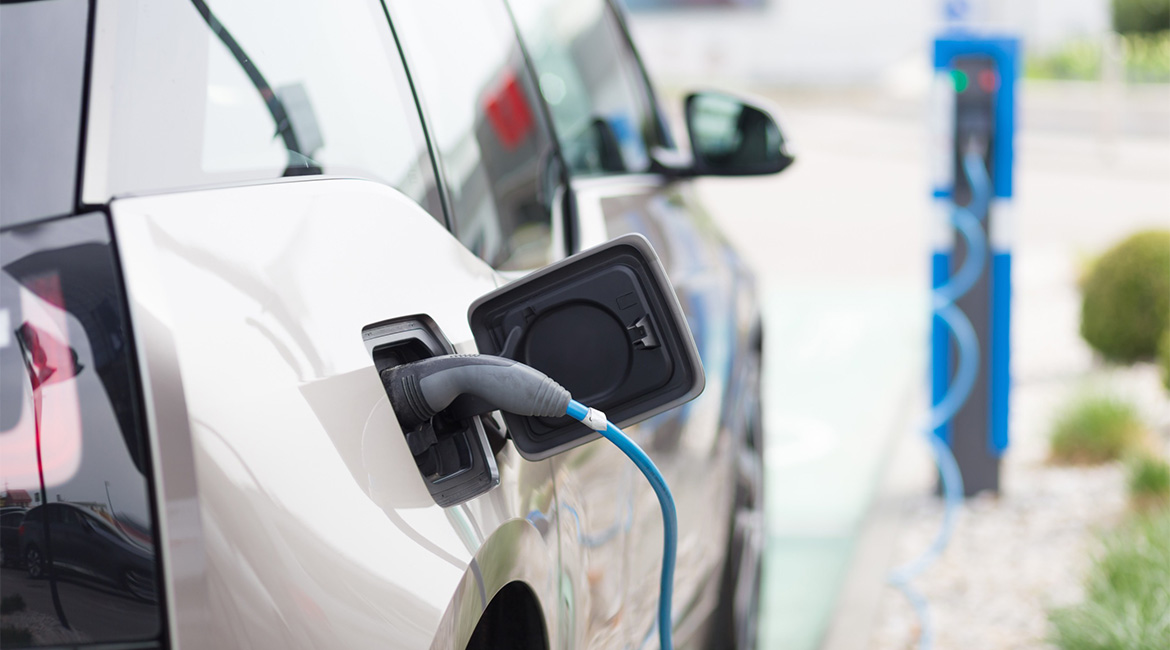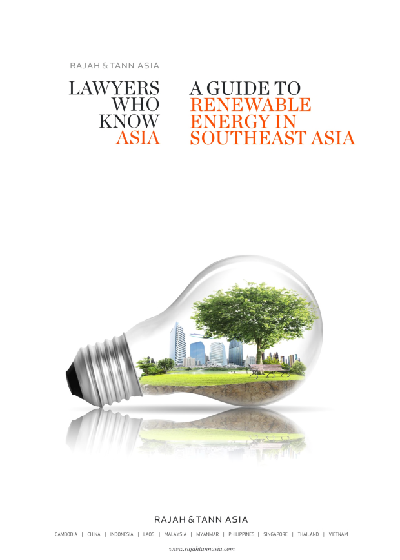Singapore is the first market in Southeast Asia where German carmaker Volkswagen will launch its electric vehicles (EVs), with eight models to be offered here by 2024.
Pre-sales of mainstream EVs under the Skoda and Volkswagen brands will start at the end of 2023, with deliveries to begin in the first quarter of 2024, Volkswagen Group Singapore (VGS) Managing Director Kurt Leitner told The Business Times on Monday (Jun 26).
He was speaking at a media preview of three of the upcoming EVs: the Volkswagen ID.4 small sport utility vehicle (SUV) and its high-performance version, the ID.4 GTX, as well as Skoda’s Enyaq large SUV.
Also coming to Singapore is Volkwagen’s ID.5 coupe-SUV and Skoda’s Enyaq Coupe, a coupe-SUV version of the Enyaq.
In the first half of 2024, order books will open for the remaining EV models: the ID.3 small hatchback and the ID. Buzz van in both passenger and commercial versions.
This makes Singapore the first country in Southeast Asia to receive Volkswagen’s EV range, and one of the first markets in the world to be part of VW’s “second wave” of EV launches, said Leitner.
He cited the Singapore Green Plan 2030 as one of the main reasons for this, saying its “direction is quite clear” and that EVs are currently the only commercially viable option to achieve it.








